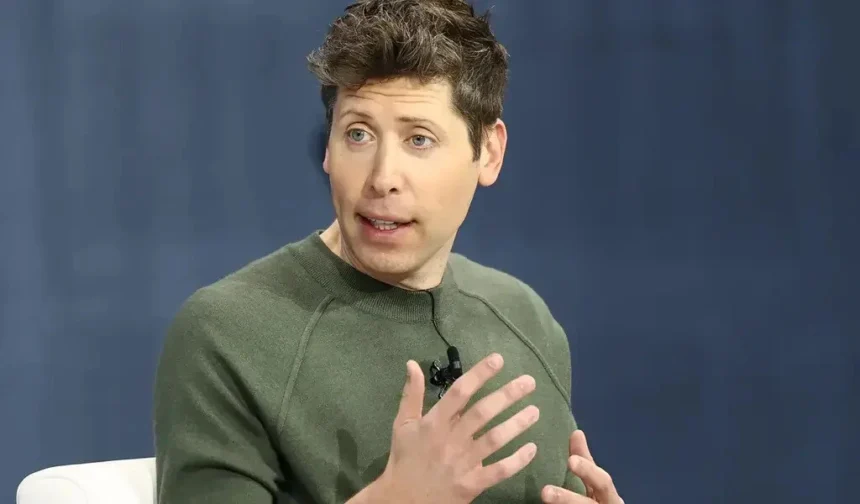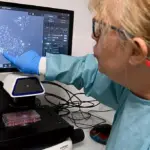(CTN News) – On Wednesday, OpenAI announced that it now has three million paying commercial users. This is an increase over the estimated 2 million it offered in February.
ChatGPT, an artificial intelligence chatbot designed for customers, brought the San Francisco-based company to the attention of the public in the latter part of 2022. The company started releasing versions of the product tailored to certain workplaces within the same year that it began delivering the product the year before.
OpenAI reported that the three million users consisted of clients who concurrently utilized ChatGPT Enterprise, ChatGPT Team, and ChatGPT Edu.
In an interview with CNBC, Brad Lightcap, the chief operating officer of OpenAI, asserted that there is a “really tight interconnect” between ChatGPT’s acceptance in businesses and organizations and its growth as a consumer tool. Lightcap made this comment to emphasize the connection between the two.
The company was supporting 150 million weekly active users.
According to a source who spoke with CNBC, OpenAI is predicted to make $12.7 billion this year.
According to another person close to the company who asked not to be named because the financials are confidential, the company calculated in September of last year that it would lose $5 billion a year on revenue of $3.7 billion.
This information was made public during the month of September. Lightcap claims that a large number of businesses are using the business tools that OpenAI offers, including those in highly regulated sectors like the financial and healthcare sectors.
Many different types of businesses are using OpenAI’s commercial solutions. According to OpenAI, some of the companies that use its services are Lowe’s, Uber, and Morgan Stanley. The company also announced major improvements to its business offerings in an announcement issued on Wednesday.
OpenAI sent out this notification on Wednesday. Employees may now use “connectors,” which allow users of ChatGPT Team and ChatGPT Enterprise to retrieve data from third-party apps like Google Drive, Dropbox, SharePoint, Box, and OneDrive without ever leaving ChatGPT.
The beta version has access to additional deep research connectors. With the addition of “record mode,” a new feature in ChatGPT, users can now record and transcribe their sessions. OpenAI introduced this feature. It is only available as an audio recording right from the start.
The business claims that the Record mode can be helpful for contacting participants after a meeting and for integrating with data that is stored within the company, including files and papers.
Customers can also turn recordings into papers using the company’s Canvas application.
According to OpenAI, ChatGPT Teams users on macOS will soon be able to utilize the record mode. A post on the social media platform X revealed this information on Wednesday.
In the near future, ChatGPT Plus, ChatGPT Pro, ChatGPT Enterprise, and ChatGPT Edu will all be able to upgrade. Enterprise clients have been requesting improvements such as these, according to Lightcap, and these modifications will contribute to the improvement of OpenAI’s workplace solutions because of their increased usefulness.
The company Lightcap clarified that it needs to fully understand both the work you are doing and everything that is happening in your surroundings to be able to conduct tasks for you. The intern is not likely to be restricted to a closet in order to carry out their duties. The speaker made the comment, “It must be able to see what you see.”
According to reports, OpenAI has been acquiring nine new companies per week. Lightcap asserted that the company would try to maintain this pace over time. Lightcap has disclosed this information.
He stated that “people are beginning to really figure out that this is a part of the modern tool stack in the knowledge economy that we live in.”
SOURCE: CNBC
SEE ALSO:
Meta Plans to Automate the Creation of Ads with AI By 2026.
From Chatbots to Copilots: Building AI-Driven Mobile Applications
Blockchain Technology Surpasses the Payment Revolution of Cryptocurrencies















